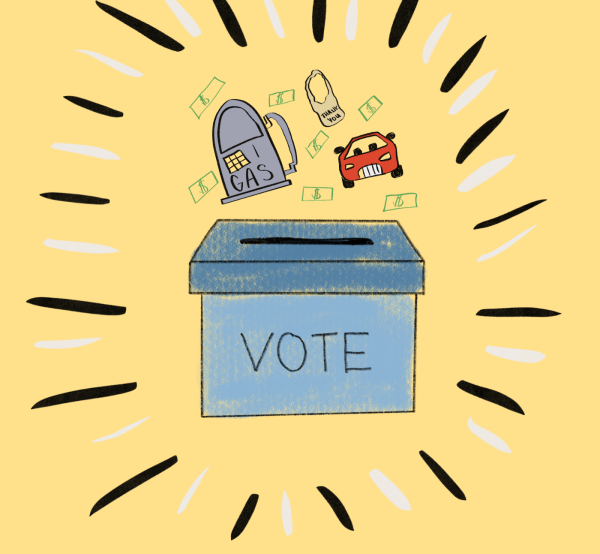American Medical Association defends Planned Parenthood funding
October 9, 2020
The American Medical Association steps in to aid in the fight for Planned Parenthood.
Planned Parenthood is not the massive country-wide abortion provider many groups claim. However, this common misconception has made them a prominent target in anti-abortion movements, especially those championed by conservative politicians and the Trump administration, the most recent being a gag rule on Title X.
According to Planned Parenthood’s annual report, abortions were responsible for only about 4 percent of their services provided in 2018 to 2019. The other 9.5 million services are composed of STI and STD testing, providing differing forms of contraception, cancer screenings and other forms of sexual health services. Additionally, these services cost very little or nothing for low-income patients thanks to federal funding. However, this funding has been restricted by the Title X gag rule, targeting clinics that provide abortions and endangering those low-income patients.
This restriction has been fought in court by Planned Parenthood itself. A recent appeal failed on Feb. 24, 2020, resulting in drastically reduced services for those who may rely on these clinics for their otherwise-too-pricey healthcare.
The American Medical Association (AMA) has taken particular interest in this issue, taking it to the Supreme Court on Oct. 1. They have been joined by several other health organizations, including the Oregon Medical Association.
“The AMA strongly believes that our nation’s highest court must step in to remove government overreach and interference in the patient-physician relationship,” AMA President Susan R. Bailey, M.D. said in the AMA’s own press release on the topic.
Over 40 years ago, in order to increase the accessibility of sexual and reproductive healthcare, the U.S. Department of Health and Human Services introduced Title X, which funded clinics that helped with sex-related health issues, specific types of cancers and contraception – clinics such as Planned Parenthood. Title X is what funded those low cost or free procedures mentioned earlier and provided funding for 4,000 clinics within the U.S., according to Planned Parenthood.
In May of 2018, the Trump Administration introduced the idea of rejecting Title X funding for any clinics that performed, suggested or referred patients for abortions, in what is now referred to as the “Title X gag rule.” This move was crtizied by many as a thinly veiled attack on abortion rights; however, Trump defended the idea from ideological and economic standpoint.
“For decades, American taxpayers have been wrongly forced to subsidize the abortion industry,” Trump said in reporting from The New York Times.
In just under a year, this idea would be brought to fruition and the “Title X Abortion Provider Prohibition Act” would be passed. This forces all clinics that performed or recommended abortions to answer a decisive question: Do they follow these new restrictions to keep funding or foregoing their funding to provide abortions to their patients? Planned Parenthood opted for the second option, and on Aug 19. 2019, withdrew from Title X, losing up to $60 million a year, as reported by The Washington Post.
Planned Parenthood has not been shy in its opinion of this bill, calling it “unethical and dangerous” in a press release.
Exactly how these monetary losses will affect Planned Parenthood is not certain; however, it is important to note how these providers influence the communities around them. Planned Parenthood prides itself on aiding underserved communities. This is evident in the fact that 33 percent of Title X patients are Black and 22 percent are Latino or Hispanic, according to the National Family Planning and Reproductive Health Association. These groups statistically have some of the hardest times finding healthcare. Lack of funding could cause increased costs for procedures and less access to services. However, Planned Parenthood seems sound in its belief that affordable healthcare is a right for all, regardless of ideology.
There is still hope that Congress will overturn the bill blocking Title X funding in the future.









